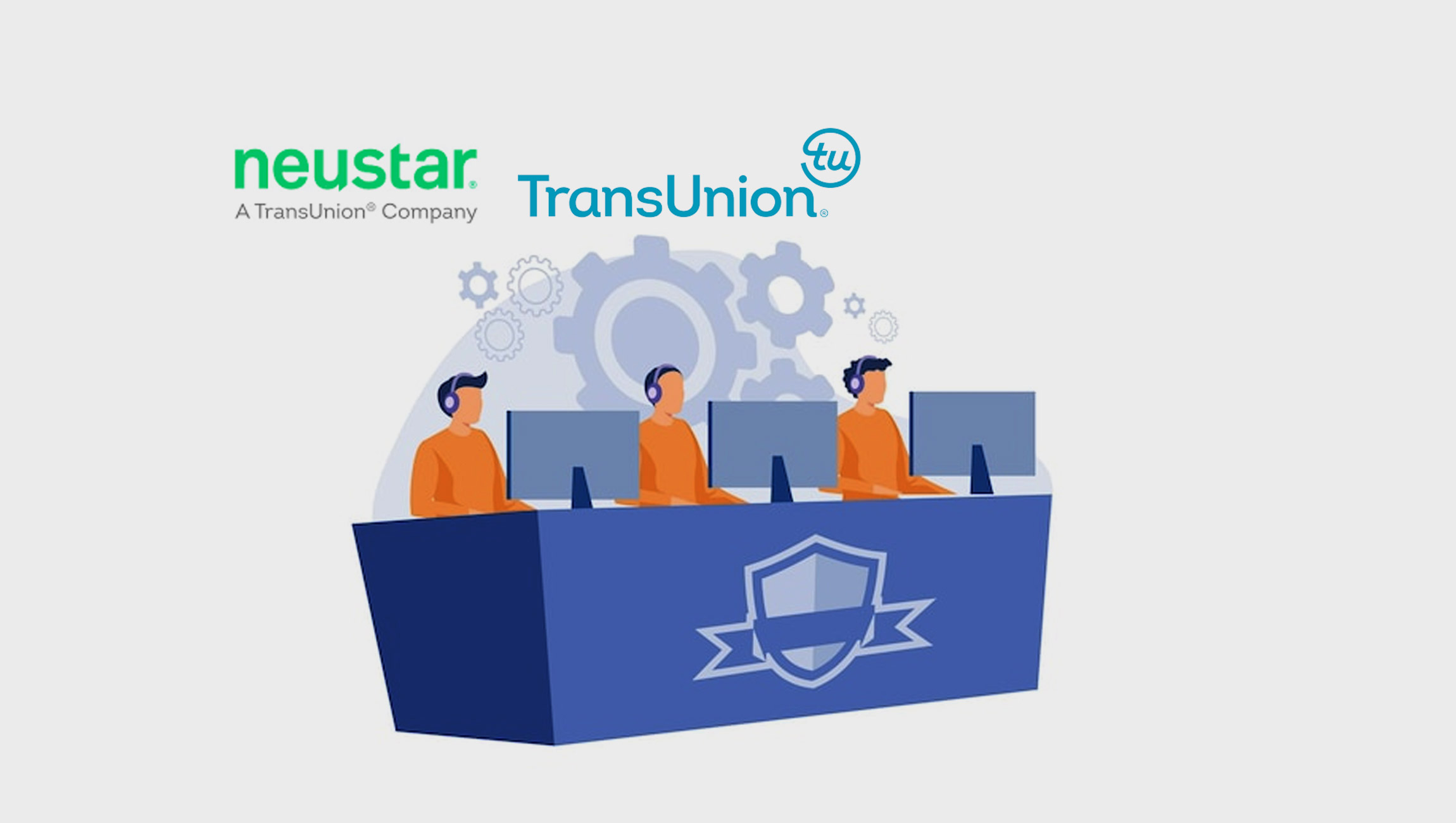Latest Neustar research highlights how brands are securing customer trust and fighting fraud across every communication channel
The majority of call centers are seeing year-over-year increases in fraud activity, according to the 2022 Omnichannel Authentication Survey from Neustar, a TransUnion company. Fraudsters are increasingly targeting agent-led authentication methods over the phone channel, contributing to a $5.8 billion increase in consumer fraud losses in 2021 – 70% more than the amount lost in 2020.
Survey respondents highlighted the vulnerability of agent authentication with just one in 10 consumers reporting an increase in meaningfully improved customer experience. Others reported dissatisfaction with long wait times, answering repetitive questions and impersonal interactions.
To combat fraud and customer dissatisfaction, most respondents recognized the value of reducing their reliance on agent-led authentication methods. Seven in 10 survey respondents preferred to complete authentication with pre-answers or an interactive voice response (IVR) system over agent-led authentication processes. Yet, while the overwhelming majority of respondents (93%) wanted to detect fraud activity before or during engagement in an IVR system, only two in five have the tools in place to do so.
“A gap is opening between forward-thinking organizations that have honed their authentication protocols for the benefit of customers, and the organizations that have not,” said Shai Cohen, senior vice president of global fraud solutions at TransUnion. “Enterprising companies that innovate their authentication approaches will not only improve the client journey, but extend their advantage over less-innovative competitors.”
Marketing Technology News: Playvox and Squaretalk Partner to Optimize Customer Experience
The Shift Towards Omnichannel
The 2022 Omnichannel Authentication Survey is the continuation of Neustar’s research into the risks facing inbound call centers and how call center leaders plan to use inbound caller authentication to improve fraud detection, support seamless customer experience and reduce operating costs. Previous iterations of this study were known as The State of Call Center Authentication Survey.
“Given that consumers increasingly expect organizations to recognize and trust them as they move across channels and devices, the survey has changed its name and expanded its scope beyond the phone channel,” said Cohen. “While the solutions that protect consumer identity and improve the customer experience continue to change, we remain steadfast in our dedication to bringing forth cross-industry insights that help organizational leaders better serve consumers and mitigate fraud.”
Survey results show that over half of respondents plan to implement multi-factor authentication (MFA). In doing so, these companies also stand to improve customer experience by speeding up services and by reducing false positive ad manual reviews. Over half (60%) of financial institutions plan to supplement knowledge-based authentication (KBA) with new technology to create multi-factor authentication, while more than one-third of non-financial organizations plan to replace KBA entirely.
Marketing Technology News: MarTech Interview with Jake Athey, VP of Marketing and Sales at Widen
Whether supplementing KBA or replacing it entirely, respondents shared high expectations for new caller authentication approaches, with 78% of respondents indicating ‘reduce agent time on authentication’ as very important. Other priorities included reducing operating costs (69%), improving agent job satisfaction (69%), and delivering high authentication accuracy (67%).
These findings demonstrate that forward-thinking organizations that invest in improved consumer authentication approaches meet rising consumer expectations for safe experiences, mitigating sophisticated fraud tactics and maintain operational efficiency.











